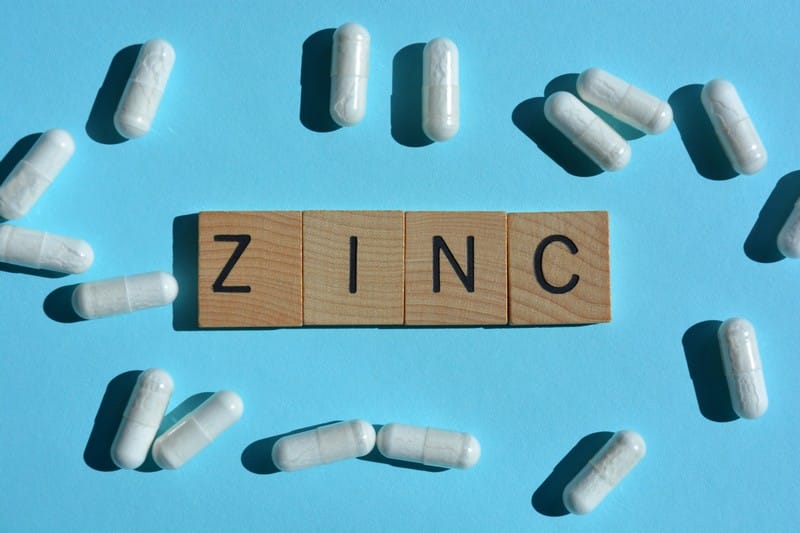Zinc

Although zinc insufficiency is much less widespread in developed nations than in the United States, it is still a problem. In addition, a higher risk of zinc deficit or inadequacy exists in specific populations, including vegetarians, pregnant or nursing mothers, people with sickle cell disease, alcoholics, and those with gastrointestinal disorders or other medical problems that impair vitamin absorption.
Most of what people know about the impact of zinc deficiency comes from research on persons with the genetic condition acrodermatitis enteropathica. Before doctors learned what caused it, most people with this illness perished because they had significant zinc shortages. Lack of zinc from typical dietary sources is rare to cause such a severe deficit.
A moderate or marginal zinc shortage, with less severe symptoms, is far more likely. Research has repeatedly demonstrated that patients with several hair loss diseases, such as androgenetic alopecia, female/male pattern baldness, telogen effluvium, and alopecia areata, tend to have lower zinc levels. According to scientists, nutritional inadequacies have been linked to hair loss for a long time. For example, female pattern hair loss has been associated with reduced zinc concentrations, which can be “halted or enhanced” by merely taking zinc supplements.










